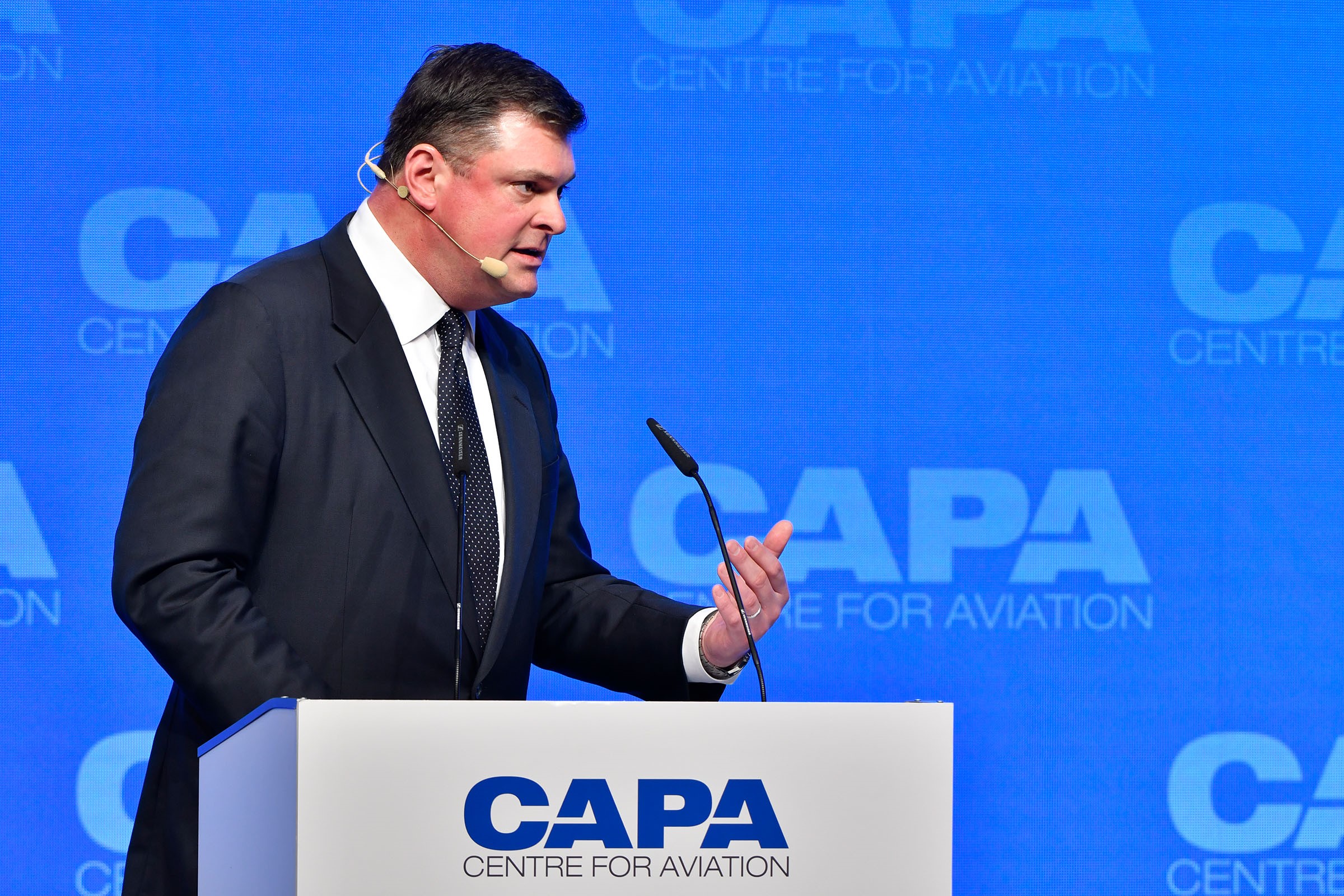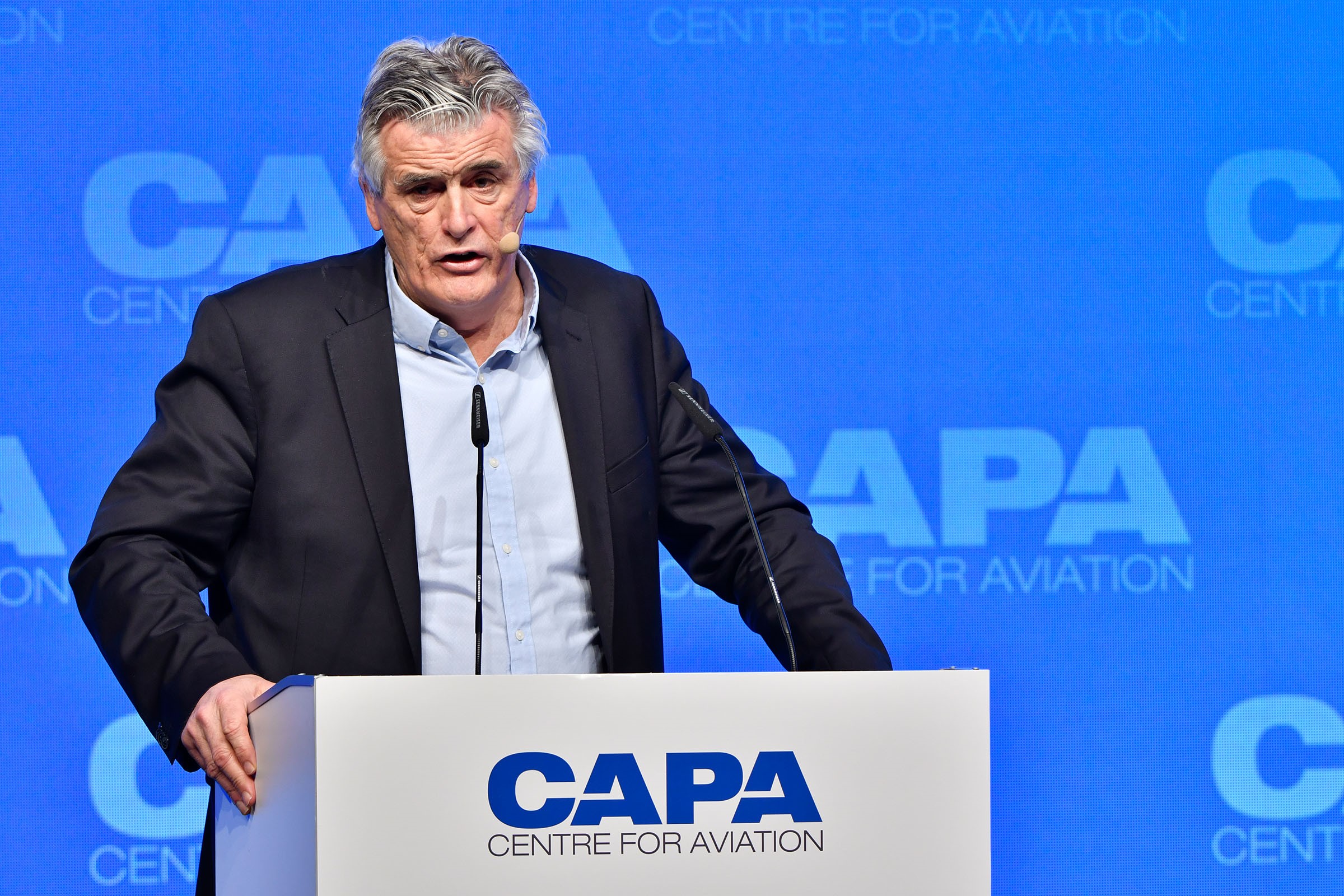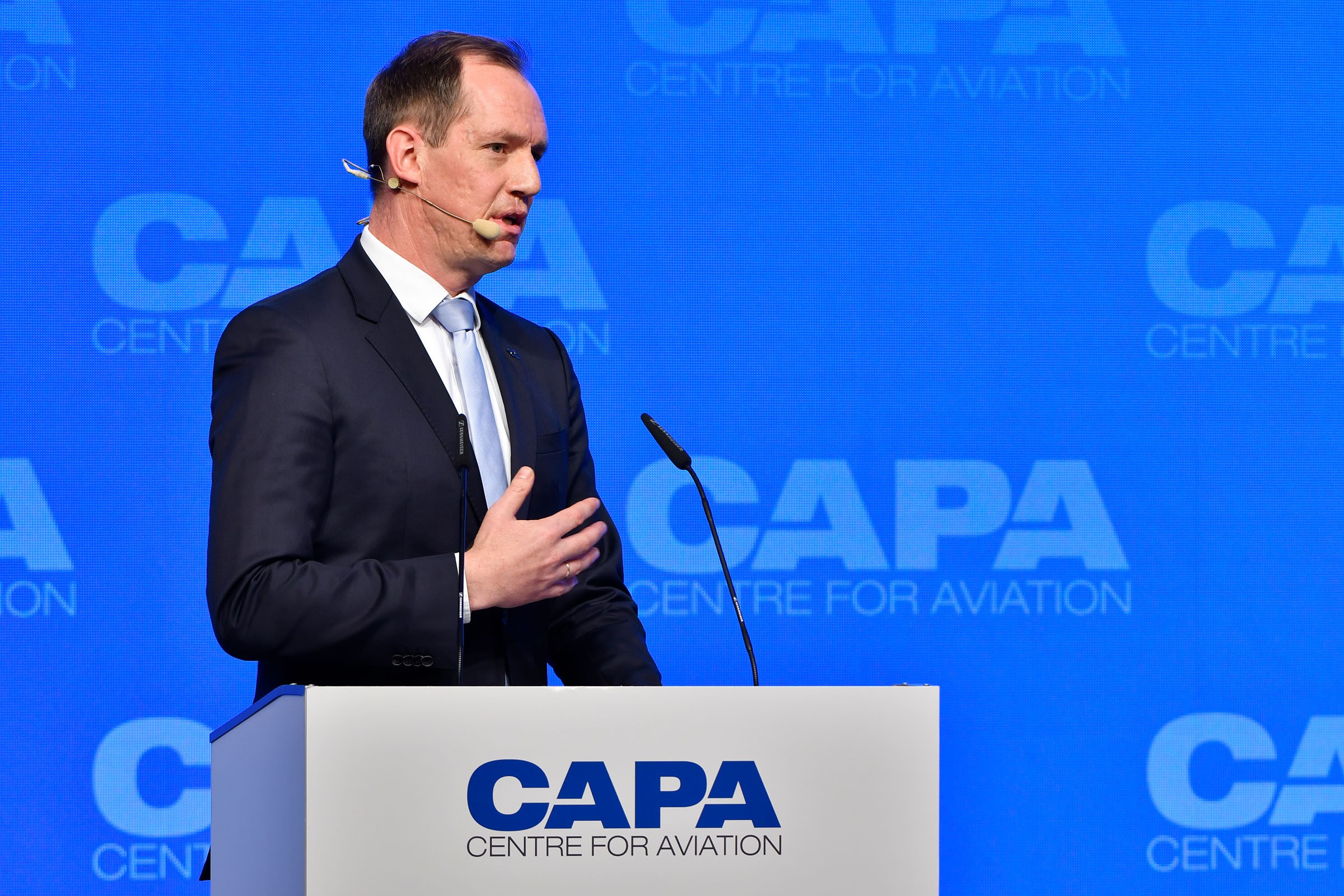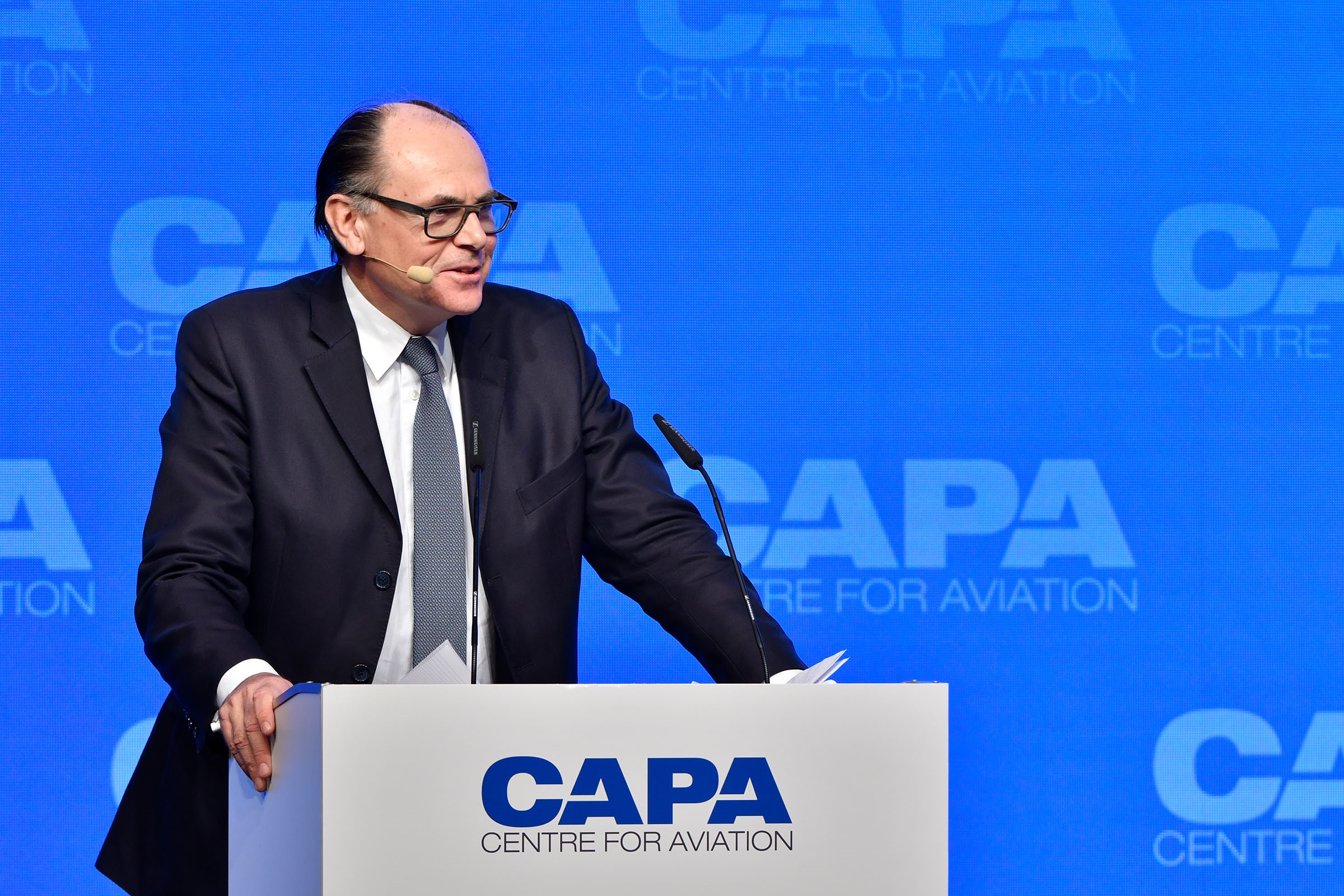Opening the debate, ALPA regulatory counsel & senior attorney David Semanchik explained the role played by labour unions in US deregulation from the late 1970s onwards. In the final phase of the extended period of consolidation sparked by deregulation, pilots realised that they needed to consider the health of the whole company when pressing for improved pay and conditions.
By contrast with Europe, the US has only one law governing labour in the airline industry (The Railway Labour Act) and there are not multiple airline AOCs under holding companies. In addition, the federal government has in an involvement when agreements are being negotiated. Mr Semanchik observed that all these factors provide "powerful incentives to come to a deal".
CityJet CEO Pat Byrne's response to the debated question was: "They have and they haven't". Mr Byrne looks "with envy" at the simplicity of the US situation, while he faces multiple labour jurisdictions across Europe for his regional airline providing capacity to third party airlines. CityJet has nine collective labour agreements (CLAs) for pilots and nine for cabin crew.
With its headquarters in Ireland, the only country in the EU where union recognition is not compulsory, CityJet chooses to recognise unions. According to Mr Byrne, the airline has a good relationship with its "supportive" unions. They recognise that "the pot has to be healthy, as we are all feeding out of the same pot".
However, in Mr Byrne's view, this is not true across Europe. "Unions seek to secure the rights of members, but laws are often so protective and anti-employer that there are no rights left to defend".
He argued that unions have to seek causes and this is often politically motivated. It would be preferable if unions came forward to help enhance productivity, "not more productivity, but more quality in productivity".
Mr Byrne criticised unions for spending too much time negotiating more days off and less flying time. "Unions want to show members that they can get things for them, but this is a false premise", he said, since this forces the airline to find ways to get more work out of employees in fewer days.
Mr Byrne argued that the "blunt instrument of withdrawing labour" when unions don't get what they want is "out of date". He called for a common EU approach to labour relations and would collaborate with unions to "sort out the mess".
Robert Spuerk, board director international affairs at German pilot union Vereinigung Cockpit, commented that aviation is very emotional.
"In times of strikes, where the company is hurt, people might think that the union doesn't care, but that's not true", he said. Mr Spuerk added that employees have often worked at the same airline for many years and they are the ones that have to face the customers.
In the case of the extended strikes by Lufthansa pilots (14 rounds of industrial action over three years), he argued that the union served its role. "In the end, we came to a deal", he said, "We lowered the cost of labour on the flight deck structurally by 20%".
Mr Spuerk said that he would be happy to have a single labour law in Europe, adding (in a dig at Ryanair) that the application of local labour law in the country of employment would at least partly level the playing field.
Peter Malinik, senior client partner at Korn Ferry and a former senior executive at Austrian Airlines, expressed scepticism that unions could be a force for good. However, he added, "if they can agree on certain fundamentals, they can be helpful for transformation".
Mr Malinik observed that the answer to the question also depended on the definition of "good" and the constituency to which it applied. Unions could be good for employees, although not all employees agree on what is good. "Unions need to get their act together on that", he said, "and allow minority views".
He was more doubtful that unions were good for airline profitability or the travelling public. Moreover, Mr Malinik argued that unions sometimes fought for the wrong cause, against the wrong enemy and with the wrong argument.
"Unions are structurally conservative", he said, "Management is better ready to embrace change". This meant that unions tended to prevent change that would come eventually, forcing a more disruptive change than the more evolutionary change that would happen if the process started earlier.
He added that unions often continued to exert their strength at airlines where "the job is mostly done", rather than at airlines where there is more to do, and that sometimes "the safety argument is used in the wrong place, which is dangerous".
Mr Malinik felt that aviation labour relations could be highly emotional and he urged unions to have the discipline to focus on facts.
Vereinigung Cockpit's Mr Spuerk offered a more conciliatory tone: "If you stick to the rules you normally have a union that will see your way and work with you". This was echoed by ALPA's Mr Semanchik, who said that 95% of his union's work was on lobbying on areas of common interest.
Delegates at the CAPA Summit listened with interest to a lively discussion, but their opinions appeared to be entrenched. At the end of the debate, the proportion voting "no" was virtually unchanged.



